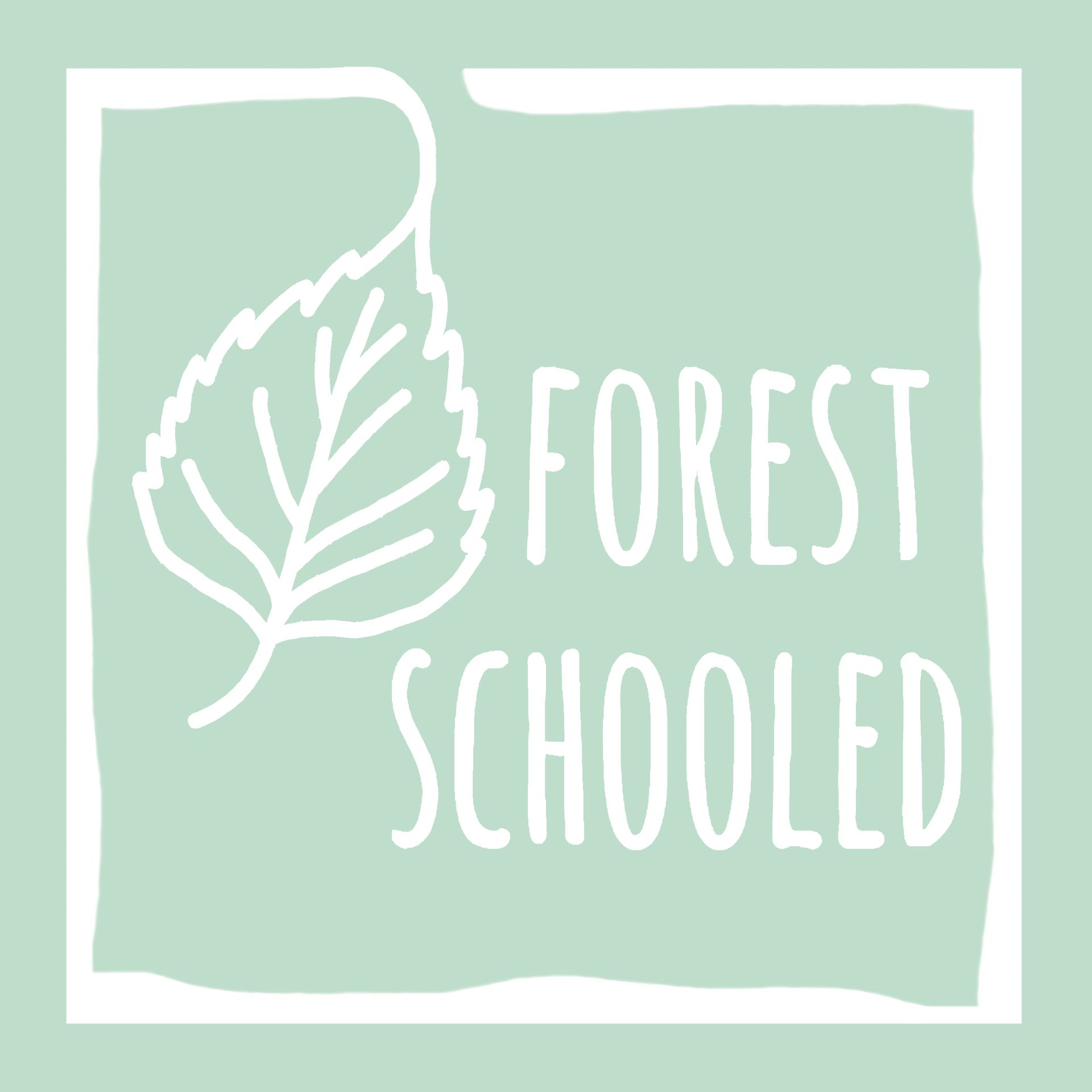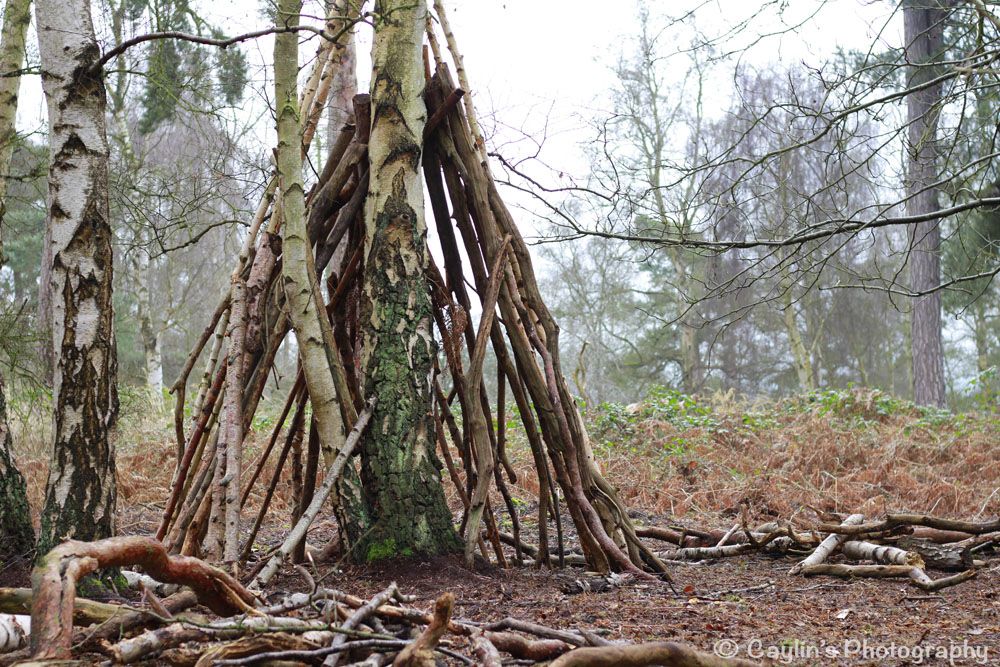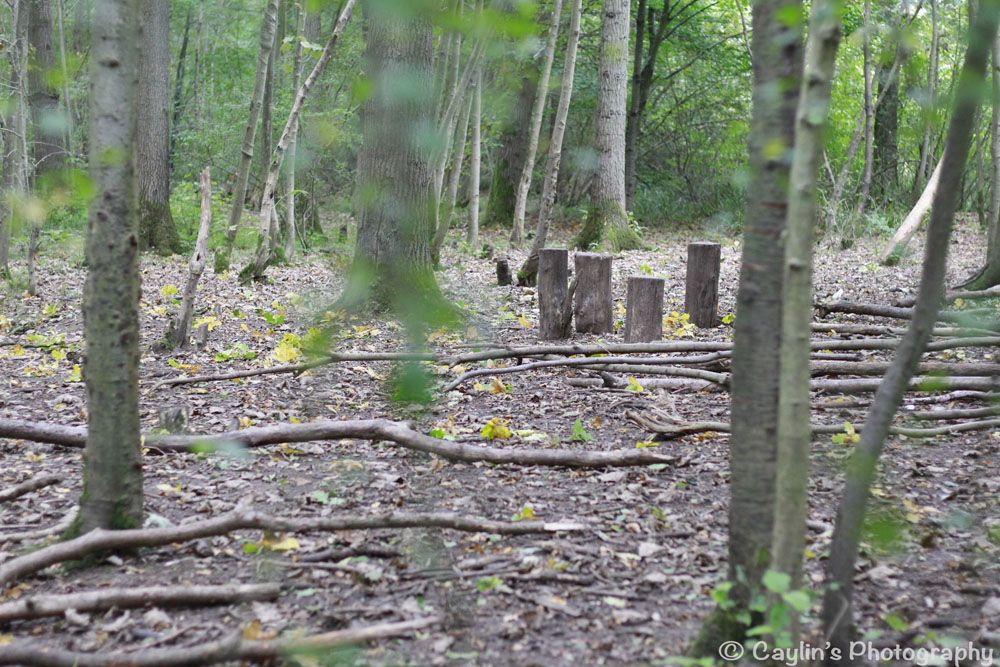
Blog
Stories from my personal journey learning about and delivering Nature-rooted programs across three different countries
Is the impact of Forest School long-term?
Caylin (Forest Schooled)

Empty space, drag to resize
I think it's quite easy to argue that children benefit from the time they spend at Forest School. The free play, tool use, fire lighting, cooking, just being outdoors, etc. all contribute in many ways to their well-being, learning and development. And rarely is there a time where a child doesn't enjoy themselves while they're at Forest School! But what happens when it stops? Maybe the programme at their school stops running, their family moves away, or the child just grows up and starts doing other things... When their 'Forest Schooling' is over, does the impact it had on them stay with them long-term?
That's a difficult question to answer. Many of us feel that yes, of course the benefits are long-term! But the research to unquestionably 'prove it' is lacking. This can be frustrating when you have an experience like I did last week...
Last Friday I was in the woods with a group of school children who have just recently started Forest School (it was only their third session). A few of them were excitedly learning how to use fire strikers to light little pieces of cotton wool and I was sitting with them. These sessions take place in a public wood so occasionally we get visitors stumbling across us as they walk through, usually with their dog. That day there were three visitors – a girl with her mum and dad (no dog...). I looked up as they walked past us and immediately recognised the girl.
As an organisation, we've been doing Forest School from that same area of woodland for several years. From 2014-15 we'd worked with a group of home educated children doing Forest School with them for a full day a week for an entire academic year. That is, the same children spending five hours in the woods with us once a week from September 2014 through July 2015. But from September 2015 we started working with other groups and the home educated programme stopped.
I sometimes think about those kids I spent a year with and wonder what they are up to now. Well, last Friday I got to find out about one of them – that girl walking through the woods with per parents! Her name was Vanessa and it seemed that as I looked up and recognised her, she'd also recognised me. I said, “Well, hello! How are you?!”
She smiled and said a bit shyly, “Good, thank you.” I chatted with her and her parents for a short while and they told me it was Vanessa's birthday – she was twelve years old. Her mum and dad had asked her that morning what she wanted to do to celebrate and she'd said, “I want to go back to Forest School.” Apparently Vanessa hadn't been back to the wood since we'd finished the home educated programme back in July 2015. It had been nearly two years, but she wanted to see if the den she'd built was still there. Unfortunately it wasn't and she expressed that she was sad that it was gone.

As we chatted, the school children near me carried on lighting their little fires. Vanessa looked at them nostalgically and said, “I did that when I was here.” I asked Vanessa if she missed Forest School. She replied, “Yes, sometimes.”
As the visit ended and they turned to leave I told her I was glad to have seen her and that she should come back and rebuild her den sometime. She smiled, said goodbye, and left.
This may be just another story to add to the list of anecdotally unscientific 'evidence' for the long-term impact of Forest School, but it was significant to me. Vanessa had started Forest School with us when she was 9 years old. That day last week, as a 12 year old, she'd wanted to spend her birthday in the woodland where she'd begun Forest School two and half years before... That certainly helps to build a case in my mind that, yes, Forest School does impact participants long-term.
More Posts
WANT TO GET FOREST SCHOOLED TOO?
Subscribe to my email letters, something special from me to you so we can learn together. Each one is filled with heart-felt stories from the forest, resources you may find useful, and things that hopefully bring a smile too.
Thank you!
© by FOREST SCHOOLED
